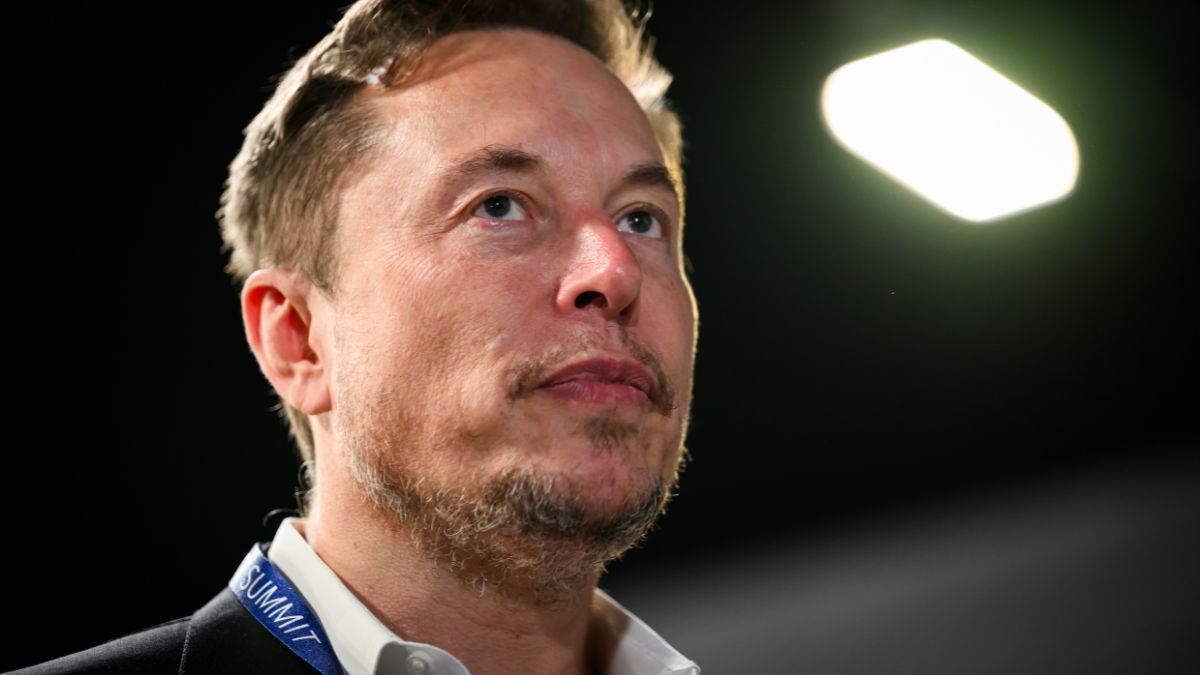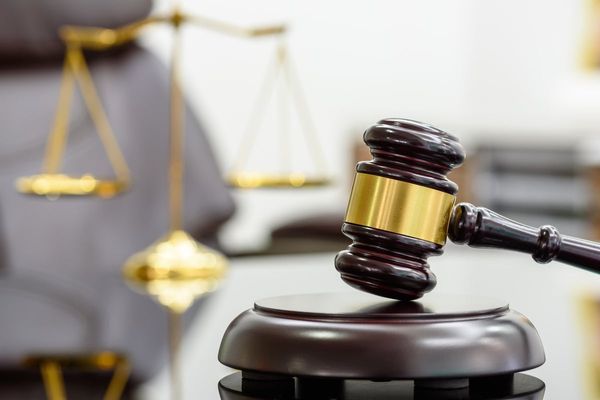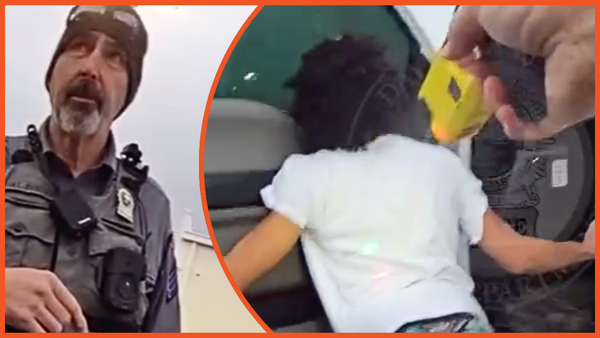
Elon Musk’s claim that Tesla has the “safest ever” self-driving technology has faced a major setback in a wrongful death trial. This week, a federal jury trial began in Miami, focusing on a deadly 2019 crash involving a Tesla Model S. The accident happened near Key Largo, Florida, when the Tesla sped through a T intersection at over 50 miles per hour and hit a parked SUV.
The driver, George McGee, later told authorities he had been distracted. He was looking down to pick up a dropped phone, which caused him to miss a stop sign and crash into the other vehicle, according to NPR. Before the collision, the Tesla’s driver-assistance system, called Autopilot, had been turned on. This system is supposed to handle steering, braking, and acceleration on its own, but it failed to stop the crash.
The results of the crash were instant and devastating. A 22-year-old woman, Naibel Benavides Leon, who was standing next to the parked Chevrolet Tahoe, was killed. Her partner, Dillon Angulo, was badly hurt. The impact was so strong that Benavides Leon’s body was found about 75 feet away from where the crash happened. This tragic event is at the center of the current legal case, showing the terrible human toll of the incident.
Tesla in court for wrongful death of driver
More than six years after the crash, a lawsuit filed by Angulo and the Benavides family has finally made it to a federal jury trial. The plaintiffs had already settled with the driver involved. This case is just one of many legal battles Tesla is facing, all of which raise serious concerns about how safe the company’s advanced driver-assistance technology really is.
Many of these lawsuits claim that Tesla has exaggerated what its systems can do. However, most of these cases don’t go to trial because Tesla often settles them out of court. In this trial, the plaintiffs argue that Tesla marketed its Autopilot feature in a way that made it seem more capable than it really was while hiding its limitations. They say this misleading advertising led Tesla owners to trust Autopilot too much, creating dangerous situations.
“Monday $TSLA faces jurors in federal court case accusing the company of willful manslaughter as 100 more cases are in line to go to court.
— Gregory Gromov (@ntvll) July 9, 2025
Unlimited damages can be awarded and not covered under any insurance policy by Tesla.” https://t.co/g4r09ZarQT pic.twitter.com/foxk3N1fdr
Federal safety regulators have opened several investigations into Tesla’s driver-assistance systems, including Autopilot and the more advanced Full Self-Driving (Supervised) technology. These investigations show that the company’s claims about its self-driving features are under serious scrutiny. Despite these probes and the growing number of legal challenges, Tesla insists its cars are safe as long as drivers pay full attention while using them.
The company argues that when its driver-assistance technology is used properly, it helps prevent accidents and saves lives. This defense is very different from Tesla’s earlier, more confident statements. For example, in 2016, Tesla released a video showing a car appearing to drive itself, with text saying the person in the driver’s seat was only there for legal reasons and wasn’t actually controlling the car. Years later, a senior Tesla engineer admitted in court that the video was staged and did not show the car’s real capabilities at the time.
Tesla’s legal team tried to get the wrongful death lawsuit dismissed, but U.S. District Judge Beth Bloom refused the request, allowing the case to go to trial. In her decision, Judge Bloom wrote that a reasonable jury could decide Tesla had acted with reckless disregard for human life, putting product development and profits ahead of safety.







